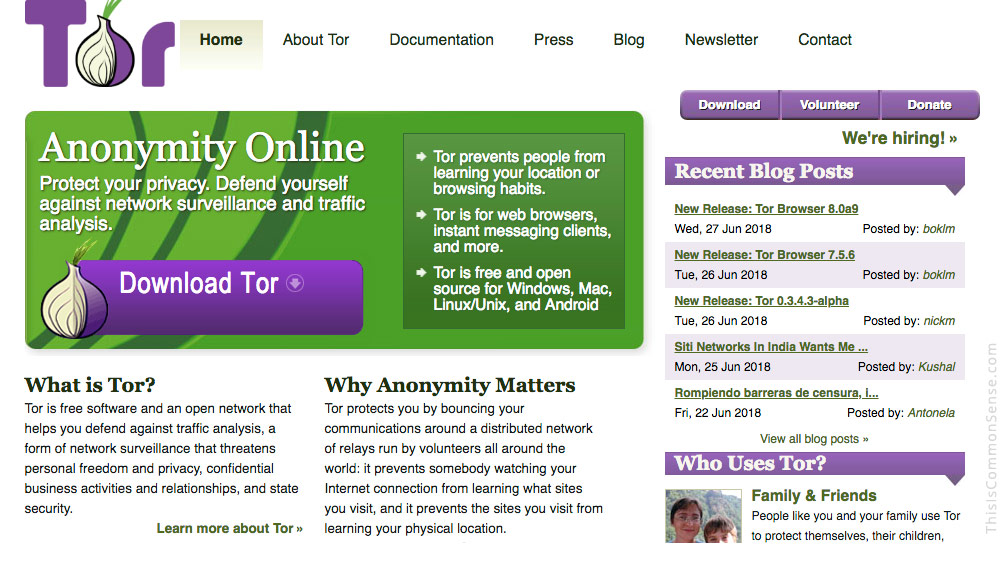When people talk about “limits to free speech,” do they know what they’re talking about?
“Is there a limit, in your opinion,” an audience panel member on Fox’s The Faulkner Focus asked former U.N. Ambassador and former South Carolina Governor Nikki Haley, “to free speech?”
The questioner explained that “we all know you can’t go into an airport and shout ‘bomb,’ and yet, right now, you can chant, on college campuses, to ‘kill all the Jews. . . .’” She demanded to know what the limits are.
Freedom of speech is a term of art for the speech that liberty allows; speech involving actual crime — in planning — has always been (and should now be) illegal.
But don’t demand limits to free speech. Instead enforce the limits of free speech. There is a logic to the notion.
How did presidential candidate Nikki Haley respond?
She said we never want to give up on free speech, but “the difference is when you are pushing violence.” Then Haley went to a more mainstream set of arguments blaming current ideological turmoil on misinformation online. Her response: End anonymity on the Internet.
This struck many critics as rather extreme. In a “partial” walk-back, yesterday, Haley told CNBC, “I don’t mind anonymous American people having free speech; what I don’t like is anonymous Russians and Chinese and Iranians having free speech.”
But of course if all are not required to register to speak, name attached, then there is no way to catch the non-Americans.
As inheritors of a political and legal system that was achieved, in no small part, by pseudonymous speech — think Cato and Publius and the Federal Farmer — I suggest another kind of limit: caution.
This is Common Sense. I’m Paul Jacob.
Illustration created with PicFinder and Firefly
—
See all recent commentary
(simplified and organized)



